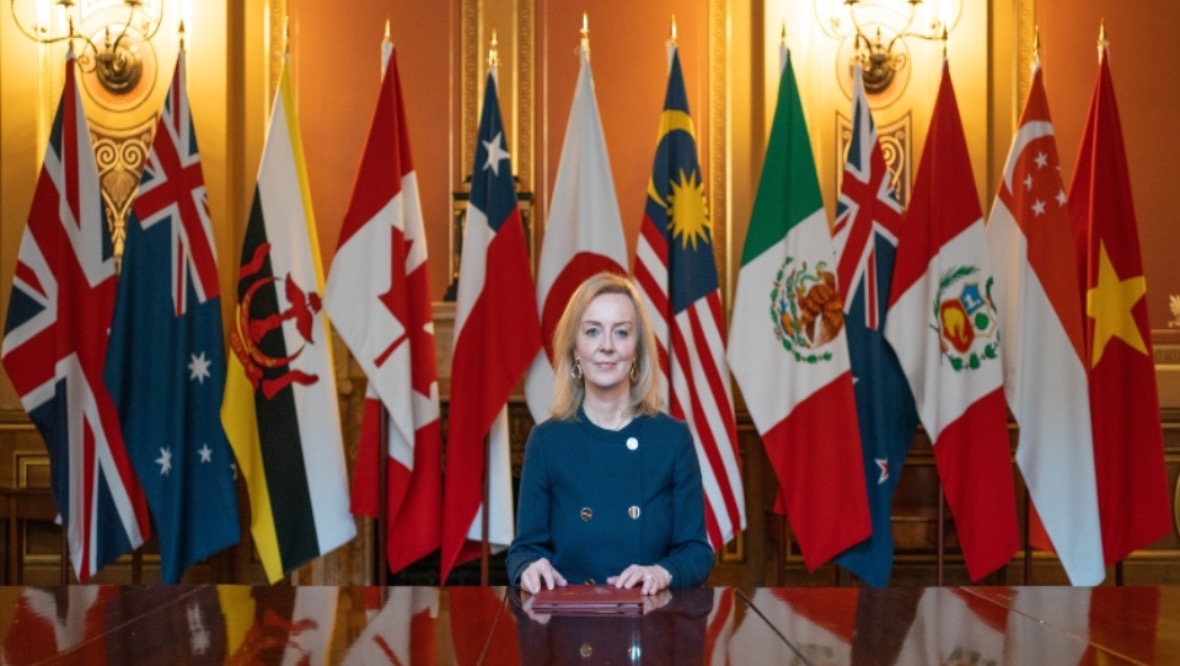As cabinet reshuffles go, this was pretty pedestrian, despite the efforts of some in the political commentariat to ascribe a significance that the re-arranging of the chairs did not merit.
No-one was silly enough to draw parallels with Harold MacMillan’s ‘Night of the long knives’ in 1962, a series of axings so brutal that it led to the Liberal MP Jeremy Thorpe observing “greater love hath no man than this-that he lay down his friends for his life”.
I did, however, read a piece that said this was more akin to Margret Thatcher’s binning of the so-called wets when she eventually tired of their One Nation whingeing and overly paternalistic view of the world.
Even that analysis is wide of the mark, since there would need to be some ideological unbridgeables at the heart of the old Cabinet to merit such a historical reference point.
In fact if you look at a large chunk of the journalistic analysis and reader comments in The Daily Telegraph, the mainstream view is that the current government is the servant of a big-spending state and one that is just about to hike taxes. The Thatcherite view of the current government would be that it is nannyist and statist and in fear of a good old-fashioned belief in free markets.
 Website
WebsiteNow I’m not sure that the consensus of a large section of Telegraph readers is what would pass for dispassion or reason, but in their exasperation with the Prime Minister they do raise a serious point: what is the purpose of the current administration?
The pandemic has witnessed the kind of state intervention that would normally be associated with the Left. Right wingers despair of last week’s announced hike in national insurance and what’s more they believe that Boris Johnson is a man who is buffeted by events and incapable of thinking like a true Conservative, owing to the fact he doesn’t appear to think very much.
And therein lies the crux. If the Prime Minister isn’t a thinker or a strategist, it is hardly surprising that there is no burning sense of purpose. On his big idea of ‘levelling up’ areas of the UK, the former Conservative cabinet minister David Gauke said on radio this morning that it was a slogan in search of a policy.
Reshuffles tend not to mark seminal moments in the life of a government, rather they are exercises in dealing with short-term problems, such as the inadequacies of some ministers.
Which brings me to the axed and promoted. When public service broadcasters, encumbered and perhaps even shackled by the need to be impartial and moderate in their analysis and tone, openly refer to Gavin Williamson as ‘useless’, you know that his was a ministerial career that was the stuff of car crash.
Williamson it is said, is a ferocious organiser, so the prime ministerial dagger might yet come back in reverse should Williamson decide that hell hath no fury like an education secretary scorned. Reshuffles are the genesis of a longer-term settling of scores, so we will see if Williamson’s boyish smile will yet twist like Caligula.
It is perhaps a sign of a certain prime ministerial dither that even when he is demoting a minister, Boris Johnson feels the need to offer a promotion of sorts. And so Dominic Raab is axed as foreign secretary and is sent to justice, but with the added title of deputy prime minister.

The new foreign secretary Liz Truss is the darling of the grassroots. In the 1970s, that title belonged to Michael Heseltine, in the 1980s it was Norman Tebbit and in the 1990s Michael Portillo. The adage that all political careers end in failure appears to be particularly apt for whoever the darling of the party conference happens to be.
The fact that Truss now occupies one of the four great offices of state would appear to ensure that should the PM fall under the proverbial bus, Truss and Rishi Sunak are the most obvious contenders in a future leadership contest.
In truth, the reshuffle tells us nothing about the future direction of the government, nor should it be viewed through the prism of Brexit. It is an exercise in refreshing faces not ideas.
The only point of note with consequences for Scottish politics is that Michael Gove, that slicker of an Aberdeen dancefloor, continues to have responsibility for ‘the union’. Knowing Gove as I do, he will be doing a lot of work behind the scenes, canvassing views on how the UK Government should respond when IndyRef2 demands reach boiling point, probably in 2022.
 STV News
STV NewsFor the moment it’s onwards for the government, if not upwards. The post-vaccination world will throw a whole series of problems at Number 10’s door. Rising inflation, labour shortages, a showdown over the Northern Ireland protocol, demands to U-turn on universal credit, more demands to know what levelling up actually means, etc, etc.
If the opposition are worth their salt they will be dancing on top of plummeting Conservative poll ratings. If they don’t, then it will be more of a comment on them than on the competence of the government.



























